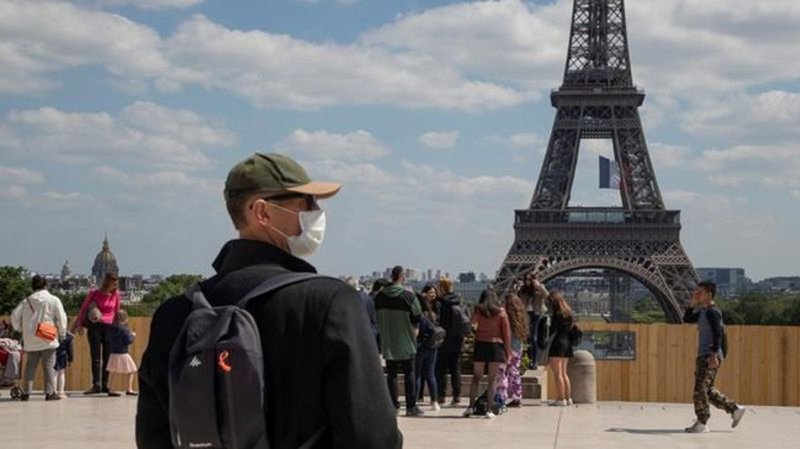
Europe relaxes virus restrictions but cases flare elsewhere
BERLIN — Several European countries where coronavirus infections have slowed moved ahead Friday with relaxing border restrictions, while the U.S. reported a record drop in retail sales that threatened stores and weighed down the sinking economy. Infection flare-ups in Mexico and elsewhere served as a reminder the pandemic is far from over.
Slovenia, which has been gradually easing strict lockdown measures, declared that the spread of the virus is now under control and that European Union residents could now enter from Austria, Italy and Hungary.
Germany prepared to open its border with Luxembourg at midnight and to increase the number of crossings open from France, Switzerland and Austria. Travelers will still need to demonstrate a “valid reason” to enter Germany, and there will be spot checks, but the goal is to restore free travel by June 15.
In the U.S., retail sales tumbled by a record 16.4% from March to April as business shutdowns caused by the coronavirus kept shoppers away from stores. The Commerce Department’s report Friday on retail purchases showed a sector that has collapsed so quickly that sales over the past 12 months are down a crippling 21.6%.
